
A review of
The review below was first published in the getAbstract Journal on Oct 24, 2024.
We’ve reviewed this title for you as we currently cannot offer a summary.
We’ve reviewed this title for you as we currently cannot offer a summary.
An Equitable Economy
by David Meyer
London School of Economics professor Daniel Chandler offers insights into philosopher John Rawls’s economic philosophy and how that philosophy is relevant today.
Learners who read this also read
Book
Book
Book







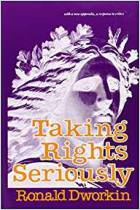
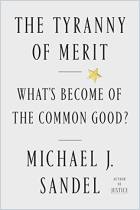
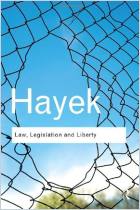
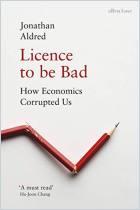
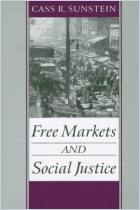
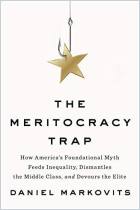



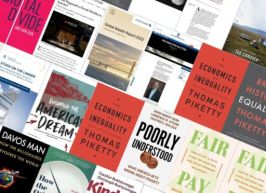



Comment on this review or Start Discussion